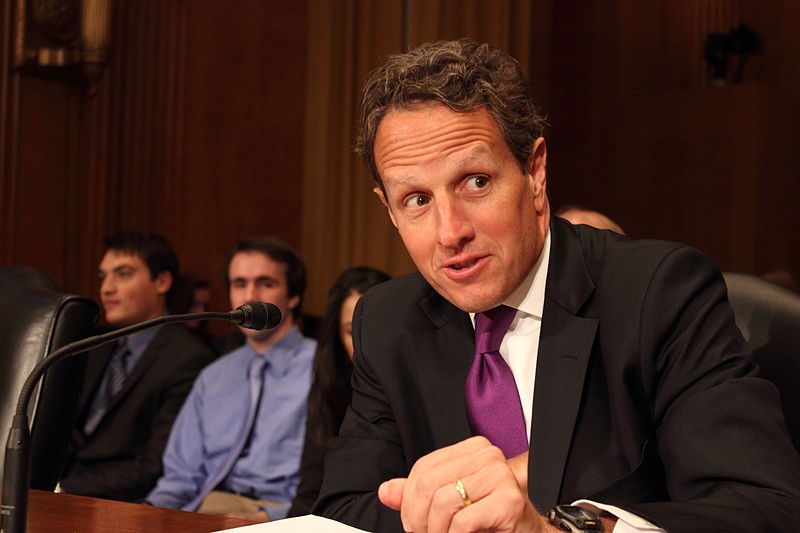This past weekend marked the anniversary of the Lehman Brothers collapse, one of the most important milestones that marked the financial crisis of 2008. TwentyFour Asset Management, a boutique specialized in fixed income founded by nine employees, was born just 24 hours later and in the midst of that chaos; facing a fund industry that changed overnight.
“Over the past decade, we have witnessed an unprecedented global expansion in the role and power of central banks, whose combined balances now exceed $ 15 trillion. Yield curves are now lower and flatter than before the crisis, thanks to a combination of risk-aversion and QE. This has distorted the relationship between interest rates and inflation, and has destroyed the term premium, a sign which shows that markets have not yet normalized. In addition, we have seen a transformation in the volume and quality of capital in the global banking system, together with a radical change in the regulation of the sector,” points out Graeme Anderson, President of TwentyFour Asset Management.
Anderson recalls that, after the Lehman Brothers collapse and the outlook that they would not obtain mandates, they had to rethink their entire business model. “We said it was better to rethink everything we thought we knew about the financial markets, because this was a new chapter,” he recalls. Like him, the market and the asset management companies were never the same after September 15th, 2018.
“With each market crisis there are lessons to be learnt, and honestly, some have to be learnt twice. In 2007-2008, investors were taught the lesson of how housing prices can fall at the same time across the country and how, for better or for worse, the global financial system was interconnected. We learnt that banks were not sufficiently capitalized to support higher risk behavior or systemic risk. What many investors still have to learn is that good times don’t last forever,” points out Ed Walczak, Portfolio Manager, Vontobel Asset Management, on analyzing how things have changed after the collapse of Lehman Brothers.
According to Juan Ramón Casanovas, Head of Private Portfolio Management of Bank Degroof Petercam Spain, that collapse and the international crisis caused, firstly, a new regulatory framework for financial institutions. “The great excesses committed in the past have brought radical changes in legislation. In 2010, the Wall Street reform law came into force, stress tests for financial entities began and new supervisory bodies were created. In Europe and in the rest of the world, we have experienced large concentrations and mergers of financial entities, transforming the financial system in some countries such as Spain. Bailouts with public funds have brought strong criticism. Cases of fines to banks for non-compliance have escalated. Another consequence has been the strong legislation for the marketing and purchase of new products, a sample of which is the MiFID regulation,” explains Casanovas.
This increase in legislation has meant that the global banking system seems much stronger now than it was 10 years ago. “Many regulations have been established to ensure that banks are better capitalized for their business model. For example, leveraging was significantly reduced, on the one hand, by strengthening the capital base and, on the other hand, by significantly reducing dealing on own account. In this regard, banks would probably be currently facing a comparable situation,” said Thomas Herbert and Michael Blümke, Portfolio Managers at Ethenea Independent Investors.
Beyond Regulation
The sector hasn’t only seen change in terms of regulation or of the economic environment, but also, according to Amundi Asset Management, the way in which managers assign the assets has changed as well. “From a portfolio construction perspective, we currently see three main areas of development, since not all the lessons of the crisis have resulted in real solutions. First, a broader concept of risk is considered, which is not only limited to volatility but also to liquidity. Secondly, new risk profiles are taken into account in all asset classes, and finally, the diversification strategies are improved and gain relevance,” company sources explain.
The change in the way in which management companies assign assets and compose portfolios is also due to the fact that the investor has changed. At present, investors are more cautious and therefore are more likely to change their mind when volatility looms again. “Buy and maintain” has gone from being a reliable key principle to a sad commonplace that many investors can no longer sustain.
According to Dave Lafferty, Chief Investment Strategist at Natixis IM, as the attitudes of investors have changed, so have the markets. “Because Lehman’s failure was equally a credit and liquidity crisis, investors have come to demand better protection and more liquidity in their investments. The sector has proven to be more willing to develop new products and strategies that promise to reduce volatility, manage exposure to downside or reduce correlation with falling markets,” says Lafferty.
Current Risks
Despite everything that was learnt and improved on after the crisis, management companies agree that there are still aspects to be changed and challenges to face. “The ultra-expansive policies, both monetary and fiscal, that were needed at that time in order to avoid an economic depression, have not addressed the root of the problem. They are capable, in the best of cases, of smoothing the cycle, but they have had little effect on the trend, which depends on the political reforms and on the will to carry them out. On the other hand, given that some of these extraordinary measures are still underway, they are delaying the necessary adjustment even further,” advises Fabrizio Quirighetti, Head of Multi-asset at SYZ AM.
At Schroders they wonder where these imbalances are now, in order to identify the future failings in world economy. “We discovered that there have been significant changes in the global economy, so that any imbalances are minor, but they have changed in such a way that the risks are different from those of a decade ago,” says Keith Wade, Chief Economist and Strategist at Schroders. In this regard, Wade focuses on three elements: emerging markets are still vulnerable, the current US account deficit still persists and there will be an inevitable appreciation of the Euro.


 By Fórmate a Fondo
By Fórmate a Fondo
